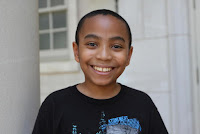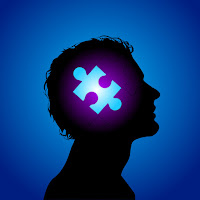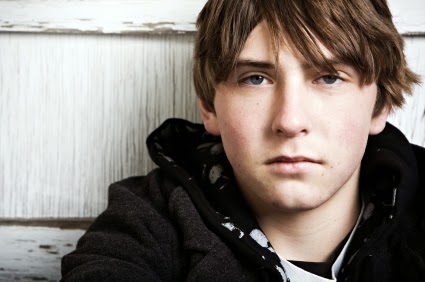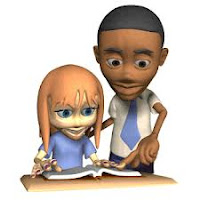Helping Kids on the Autism Spectrum to “Fit-In” with Their Peer Group

"My 10 year old HF Autistic/Aspie doesn't have many friends, and when he's home he doesn't have any at all. He likes to be by himself playing video games with his online friends, which is very few as well. This has been the most difficult part of raising a child with autism. It is not made easier by teachers that damage fragile self-esteem and school boards and clubs that are exclusivist. I've found it to be heartbreaking. I often have to remind my son to talk about what other kids want to talk about and to play games others want to play. He often forgets this give-and-take aspect of friendships. He recently lost his best friend. The friend couldn't take the screaming, crying, yelling, controlling, bossiness and lack of reciprocity. My son takes things very literally and thinks with his heart. It is difficult for him to focus on more than one friend. He simply speaks on and on obsessively about his video games. I don't know what to do." Young






